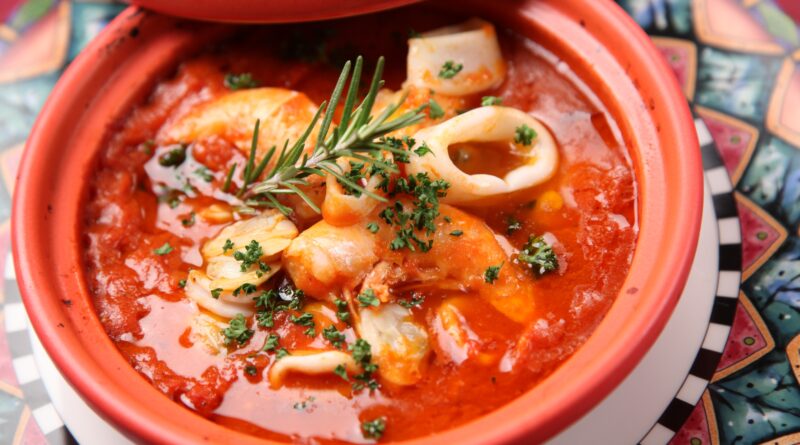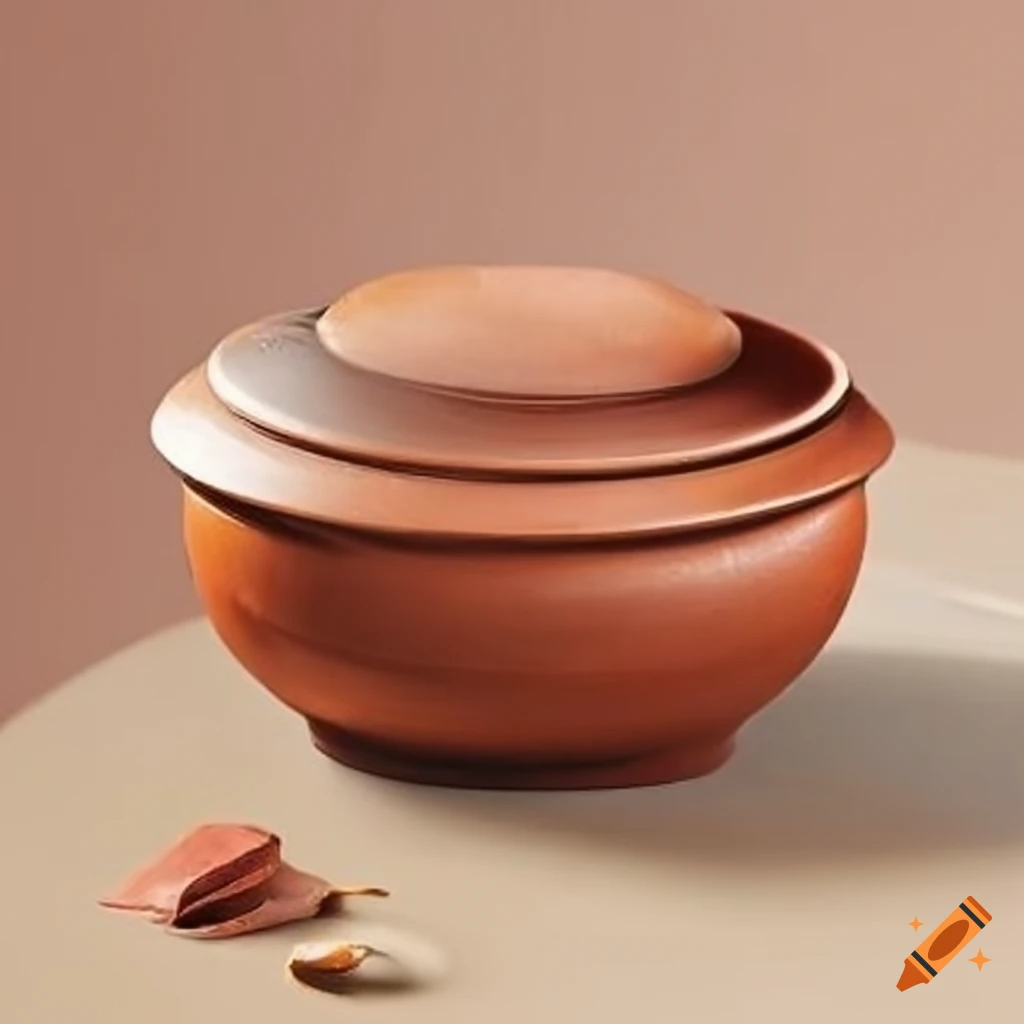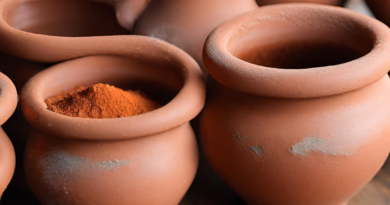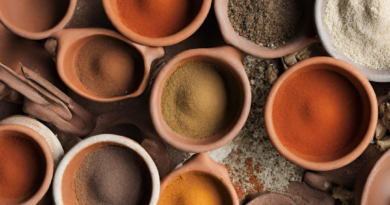How does clay affect food flavor? (Quick Answer)
The world of cooking is filled with diverse ingredients, techniques, and tools, each contributing its unique influence to the final taste and texture of a dish. Among these tools, clay pots stand out as remarkable vessels that have been shaping culinary traditions for centuries. Beyond their practical advantages, one of the most captivating aspects of clay pots is the way they affect the flavor of food. In this article, we’ll explore the culinary magic of clay pots and how they can elevate the taste of your favorite dishes.
The Porous Nature of Clay
To understand how clay pots influence food flavor, it’s essential to consider the material itself. Clay is inherently porous, which means it contains tiny interconnected spaces or pores within its structure. These pores play a pivotal role in enhancing the flavor of food when cooking in clay pots.
Natural Steam Infusion:
One of the primary mechanisms by which clay pots impact food flavor is through the creation of a natural steam environment. As heat is applied to the clay pot, moisture from the ingredients and any added liquids is gradually released. This moisture doesn’t escape into the atmosphere as readily as it would with other materials, such as metal cookware.
Instead, the porous clay absorbs and retains this moisture, creating a micro-environment within the pot. This trapped steam continuously bathes the ingredients during the cooking process, effectively basting them in their juices. This constant infusion of moisture results in dishes that are exceptionally moist and tender.
Imagine slow-cooking a hearty beef stew in a clay pot. As the beef simmers in its own juices, the clay pot’s porous walls ensure that these flavors are continually circulated throughout the dish. This results in a stew that’s not only exceptionally succulent but also enriched with layers of complex, well-integrated flavors.
Flavor Concentration:
Another remarkable feature of clay pots is their ability to concentrate flavors. The slow and steady evaporation of moisture through the porous clay allows the flavors of the ingredients to become more concentrated over time. This is especially beneficial for dishes that rely on the melding of spices, herbs, and aromatics.
For instance, when preparing a fragrant curry in a clay pot, the slow cooking process allows the spices to release their oils and aromas gradually. As the moisture evaporates, these aromatic compounds are captured and held within the pot, infusing the dish with a depth of flavor that is hard to achieve through other cooking methods.
Retaining Individual Ingredient Flavors:
Clay pots excel at retaining the distinct flavors of individual ingredients within a dish. Unlike some cooking materials that can overpower or mask the natural taste of ingredients, clay enhances and preserves their unique characteristics. This means that when you cook with clay, you can savor the true essence of each element in your recipe.
Consider preparing a vegetable medley in a clay pot. The porous clay ensures that the flavors of each vegetable – the earthiness of potatoes, the sweetness of carrots, the slight bitterness of broccoli – are retained and harmoniously combined. This results in a dish where each ingredient’s contribution is pronounced and celebrated.
Conclusion: Elevating Culinary Delights with Clay Pots
In the realm of cooking, the influence of cookware on the final taste of a dish is a fascinating and often underestimated aspect. Clay pots, with their porous nature and ability to create a steam-infused, flavor-concentrating environment, have long been cherished for their capacity to enhance the flavors of food.
When you choose to cook with clay pots, you embark on a culinary journey that embraces tradition, innovation, and a profound connection to the very essence of your ingredients. The porous magic of clay pots doesn’t just transform your meals; it elevates them to a level of flavor that’s truly unforgettable. So, the next time you’re seeking to create a culinary masterpiece, consider reaching for a clay pot, and let its ancient wisdom and flavor-enhancing qualities delight your senses.



